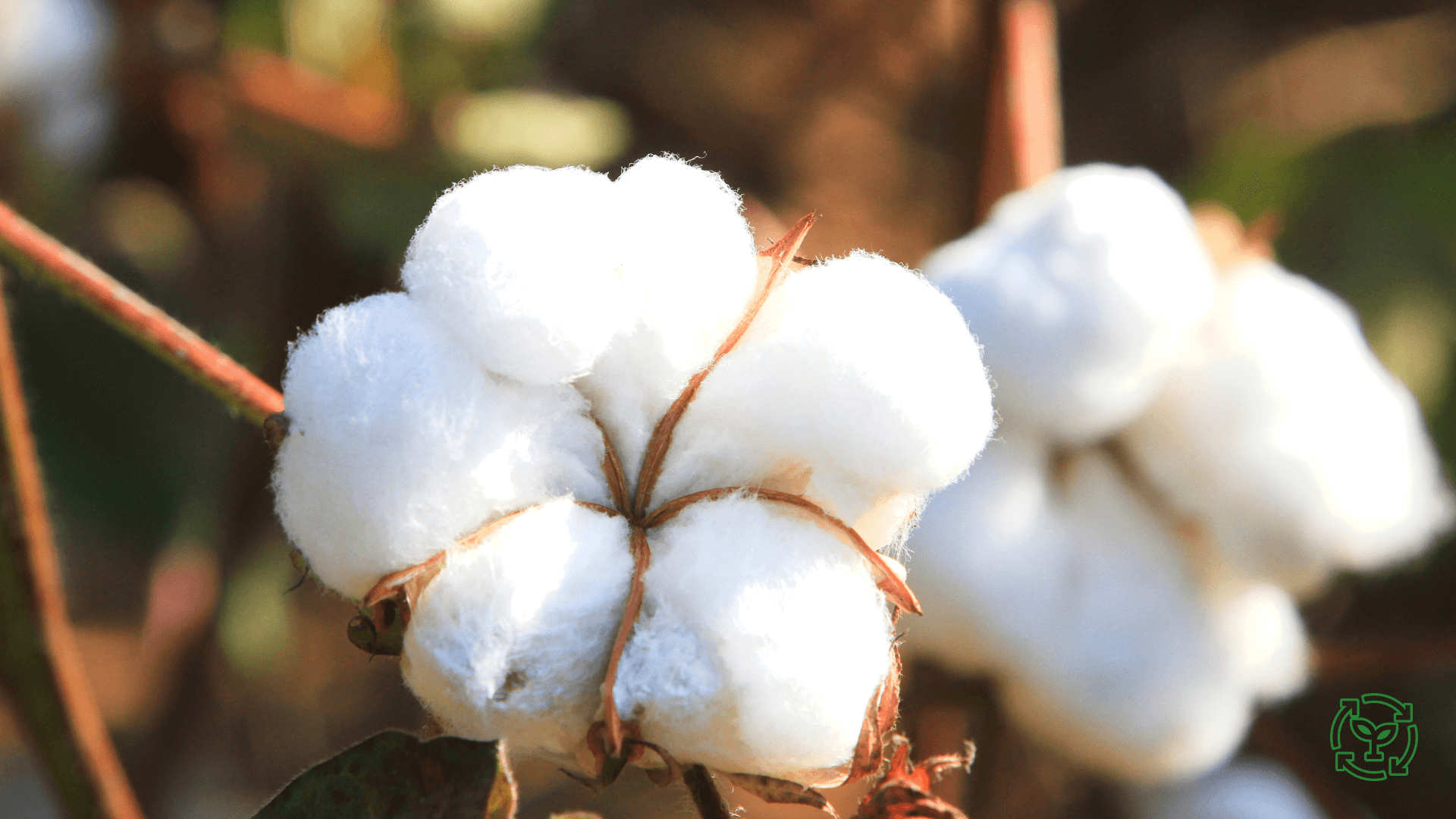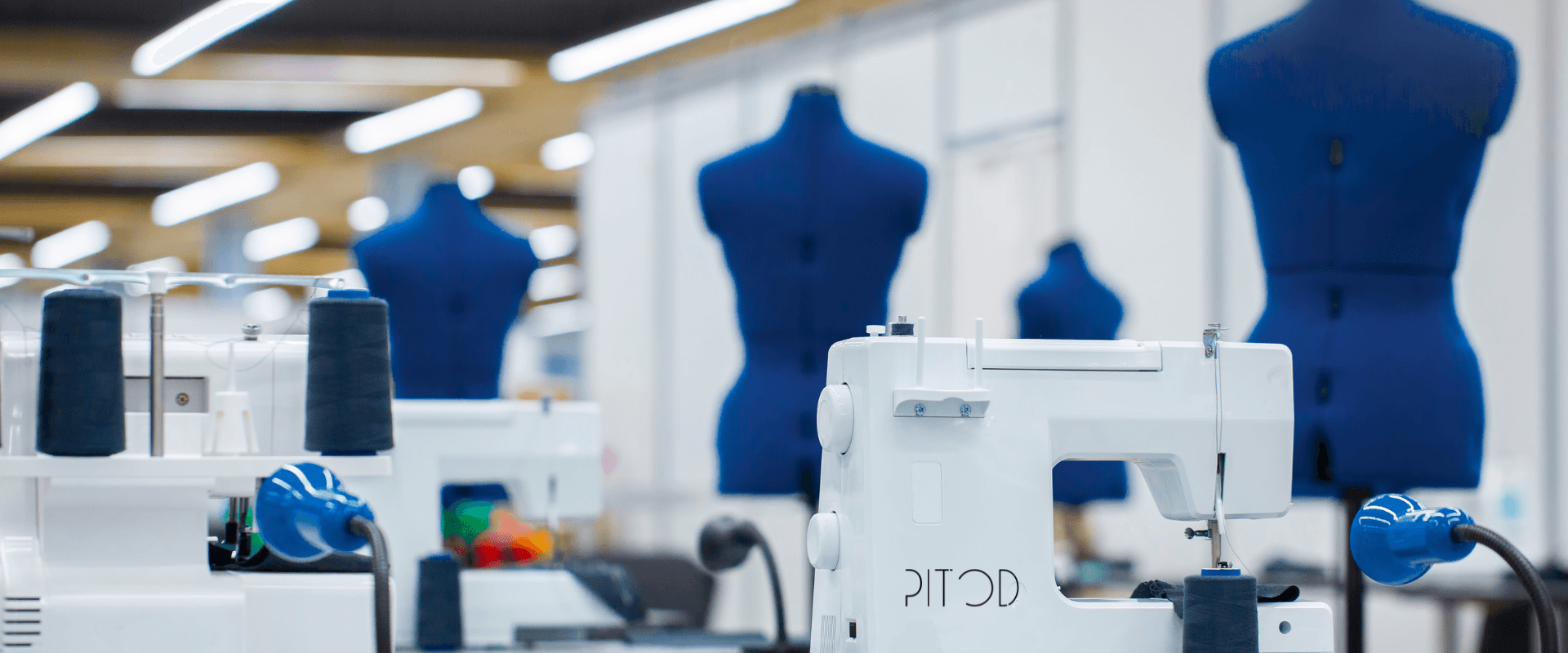
Pitod’s New Chapter: Moving to Tred for a Sustainable Future
In our continuous journey toward greater sustainability, Pitod is thrilled to announce that we are transitioning our banking facilities to Tred, the innovative financial platform that aligns seamlessly with our commitment to environmental responsibility. This move is a significant step in our mission to reduce our carbon footprint and promote ethical practices in every aspect of our business. In this blog post, we delve into the environmental impact of traditional banking, the benefits of Tred, and why this transition is a perfect match for Pitod’s values.
The Hidden Carbon Footprint of Traditional Banking
While the banking sector may not seem like a significant contributor to carbon emissions at first glance, it plays a considerable role in the climate crisis. Traditional banks invest heavily in industries such as fossil fuels, which are major sources of carbon emissions. A study by the Rainforest Action Network highlighted that the world’s largest banks financed fossil fuel projects to the tune of $3.8 trillion from 2016 to 2020. These investments contribute directly to the escalation of global warming and environmental degradation.
Moreover, the operational aspects of banking, including data centres, office buildings, and business travel, also contribute to their carbon footprint. Data centres alone account for 1% of global electricity use, and this is projected to increase significantly with the growth of digital banking services.
Why Tred is Different
Tred is revolutionizing the banking industry by prioritizing sustainability at its core. Unlike traditional banks, Tred uses its platform to actively combat climate change. Here’s how Tred aligns with Pitod’s sustainability goals:
- Sustainable Transactions: Tred’s debit card, made from 100% recycled plastic, is designed to minimize environmental impact from the outset. More importantly, Tred calculates the carbon footprint of every transaction, providing real-time insights into the environmental impact of our spending. This transparency allows us to make more informed decisions and take actionable steps to reduce our carbon footprint.
- Carbon Offsetting: Tred automatically uses a portion of the fees collected from merchants to fund reforestation projects. These projects are verified by reputable organizations such as Verra and Gold Standard, ensuring that our contributions are making a genuine impact. This initiative directly aligns with Pitod’s commitment to environmental stewardship and our efforts to combat deforestation.
- Supporting Green Projects: Beyond carbon offsetting, Tred reinvests in green projects and sustainable initiatives. By banking with Tred, we are supporting a financial ecosystem that prioritizes renewable energy, sustainable agriculture, and other eco-friendly ventures.
- Transparency and Accountability: Tred’s app provides detailed insights into the carbon emissions associated with each transaction. This level of transparency is crucial for Pitod, as it enables us to track our progress towards our sustainability goals and hold ourselves accountable.
Pitod and Tred: A Perfect Match
Pitod’s decision to move our banking facilities to Tred is driven by our unwavering commitment to sustainability and ethical business practices. Tred’s innovative approach to banking not only reduces our environmental impact but also empowers us to lead by example in the fashion industry. By aligning with Tred, we are reinforcing our dedication to creating a positive impact on the planet and inspiring other companies to follow suit.
This transition is more than just a change in banking services; it is a testament to our belief that every aspect of our business, from the materials we use to the financial partners we choose, should reflect our values. We are excited about the possibilities that this partnership with Tred will bring and are confident that it will enhance our efforts to create a more sustainable future.
Conclusion
At Pitod, we believe that true sustainability requires a holistic approach that encompasses every facet of our operations. By moving our banking facilities to Tred, we are taking a significant step towards reducing our carbon footprint and supporting a financial system that prioritizes the planet. We encourage other businesses to consider the environmental impact of their banking choices and join us in making a positive change.
Together with Tred, we are not just imagining a better future; we are actively building it. Stay tuned for more updates on our sustainability journey and how we continue to strive for excellence in every aspect of our business.



Leave a comment
This site is protected by hCaptcha and the hCaptcha Privacy Policy and Terms of Service apply.